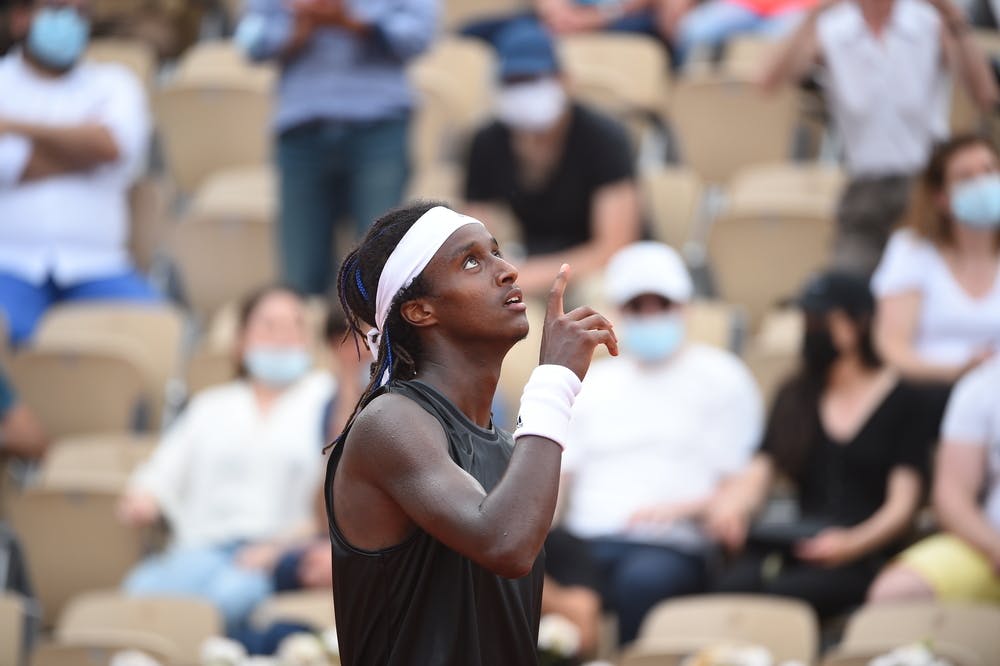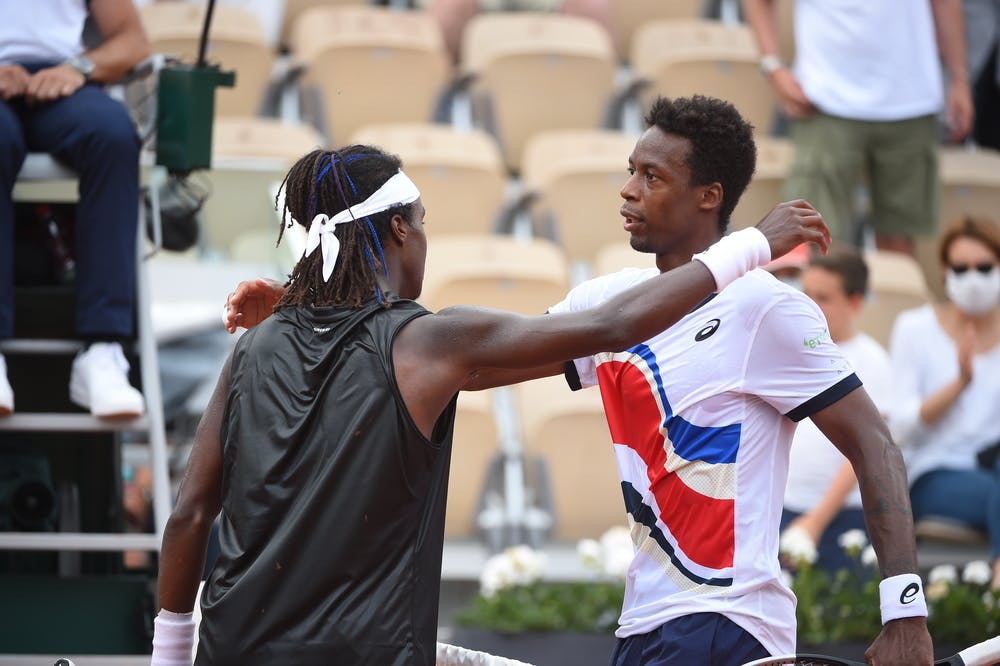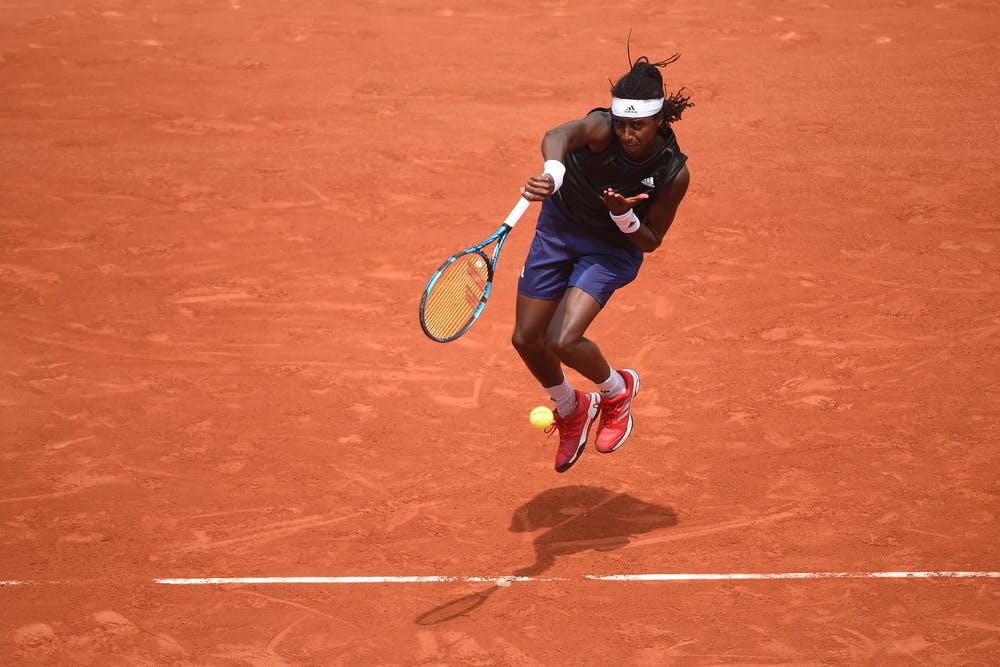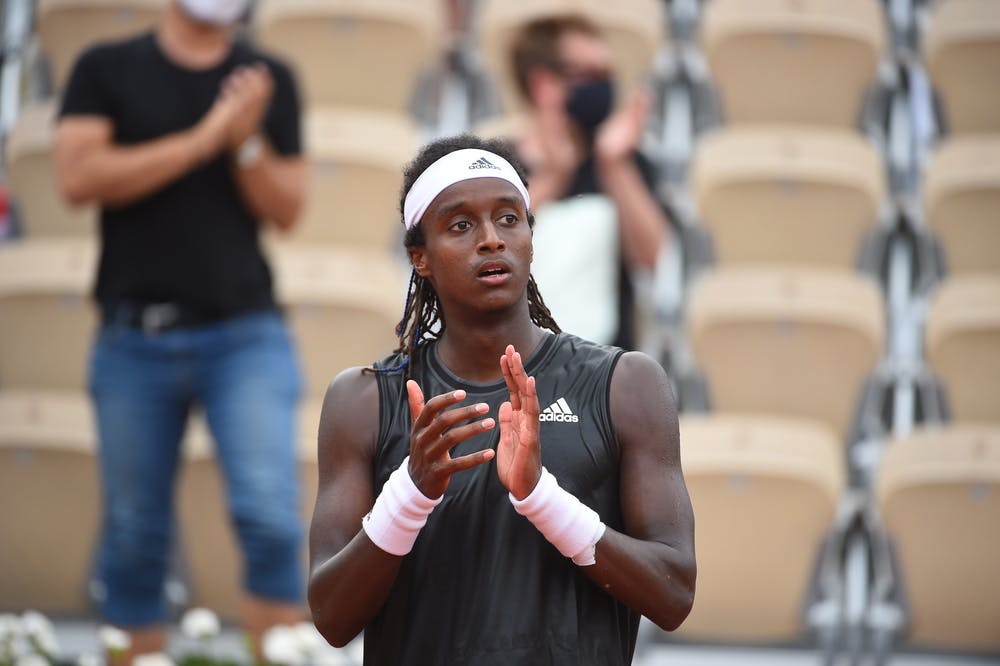After his best-ever victory at a Grand Slam on Thursday at Roland-Garros, Sweden's Mikael Ymer paid tribute to his older brother Elias as he savoured his triumph over Gael Monfils, making him the first Swedish man to reach the third round since Robin Soderling in 2011.
Ymer, who will square off with Jannik Sinner for a spot in the round of 16, says playing the Grand Slams gives him an extra energy boost, as does competing in the best-of-five set format.
Find out more about the world No.105 who is making waves in Paris...
 ROLAND-GARROS
18 May - 7 June 2026
ROLAND-GARROS
18 May - 7 June 2026





